- A report issued by the Panel on Climate Change (IPCC) stated that global warming may reach 1.5 degrees Celsius within 20 years
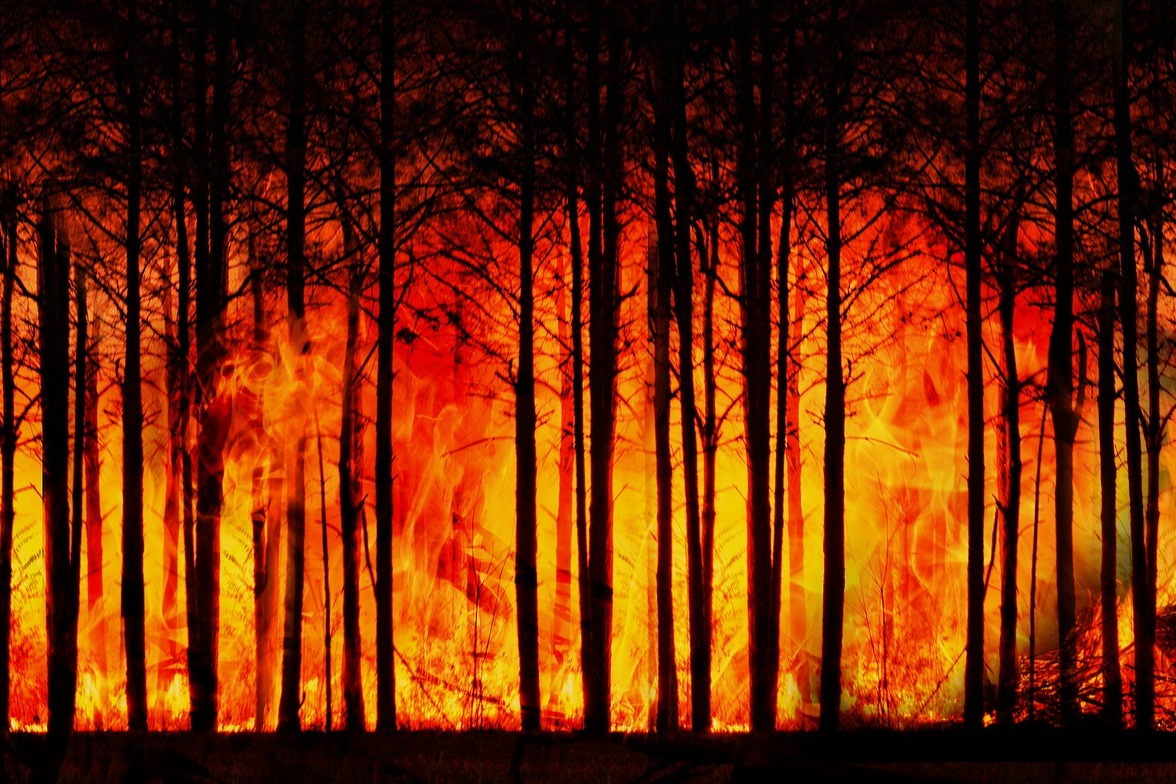
Countries around the world are preparing for the COP26 annual climate negotiations scheduled to be held in Glasgow in November 2021. The earth has suffered the worst wildfire ever, and the United Nations has issued the most terrifying warning. In the first part of a report to be released within a year, the Intergovernmental Panel on Climate Change (IPCC) stated that even in the most optimistic forecasts, the earth cannot avoid rising sea levels caused by global warming.
The UN agency emphasized that if drastic climate action is not taken, it may soon be too late to limit the temperature rise since the second half of the 19th century to no more than 1.5 degrees Celsius. In addition, it concluded that humans are responsible for a temperature increase of 1.07 degrees, and at most 0.1 to 0.2 degrees can be attributed to natural causes. In all five scenarios before 2100, the level will reach 1.5 degrees or even 1.6 degrees by 2040 and continue to rise. The good news is that with the rapid and overall reduction in carbon dioxide emissions, the increase can be reduced to 1.4 degrees by the end of this century, which is the best estimate in the range of 1 to 1.8 degrees.
In the worst prediction, if we don't work hard to reduce greenhouse gas emissions such as carbon dioxide and methane, global warming is about to reach 4.4 degrees (this is the most likely result, between 3.3 and 5.7 degrees). The signatories of the Paris Agreement have assumed the responsibility to control the temperature rise between 1.5 and 2 degrees by 2100. The IPCC now says that at the low end of the scale, heat waves will increase, warm seasons will be longer, and cold seasons will be shorter. The report shows that at 2 degrees Celsius, extreme high temperatures tend to reach critical tolerance thresholds for agriculture and health.
The document pointed out that the last time the global surface temperature continued to be higher than 2.5 degrees or more during the period 1850 to 1900 was 3 million years ago. The author emphasizes that climate change is exacerbating the water cycle, bringing more intense rainfall and related flooding, as well as more severe droughts in many areas. "Throughout the 21st century, sea levels in coastal areas will continue to rise, leading to more frequent and severe coastal flooding and coastal erosion in low-lying areas. By the end of this century, extreme sea level events that have occurred in the previous 100 years may occur every year," The report said.
Changes in the ocean, including warming, more frequent ocean heat waves, ocean acidification and lower oxygen levels, are clearly related to human impacts. The report found and warned that these changes may affect marine ecosystems and the people who depend on them.
Keywords: overseas engineering, international engineering construction, foreign engineering construction news
"Climate change is already affecting every region on the planet in many ways. The changes we experience will increase with further warming," said Zhai Panmao, co-chair of IPCC Working Group I. "Stabilizing the climate requires vigorous, rapid and continuous reduction of greenhouse gas emissions and achieving net zero carbon dioxide emissions. Restricting other greenhouse gases and air pollutants, especially methane, may be beneficial to health and climate," said Zhai Panmao.Editor/XuNing
Comment
 Praise
Praise
 Collect
Collect
 Comment
Comment
 Search
Search


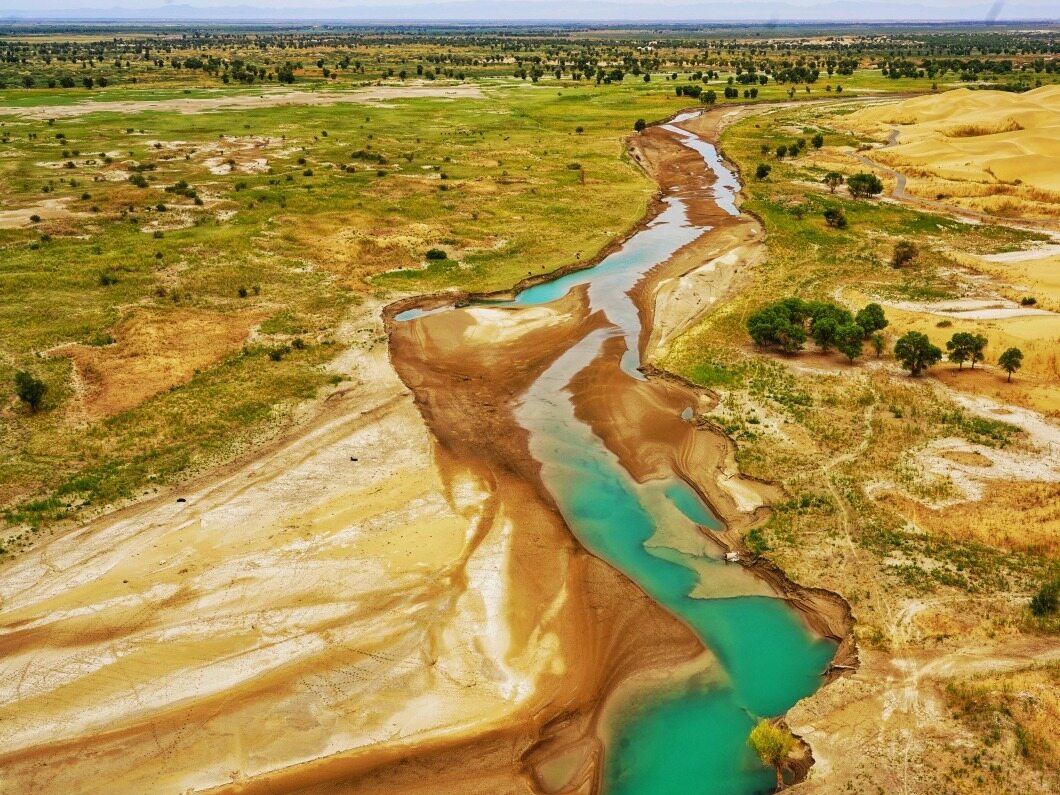
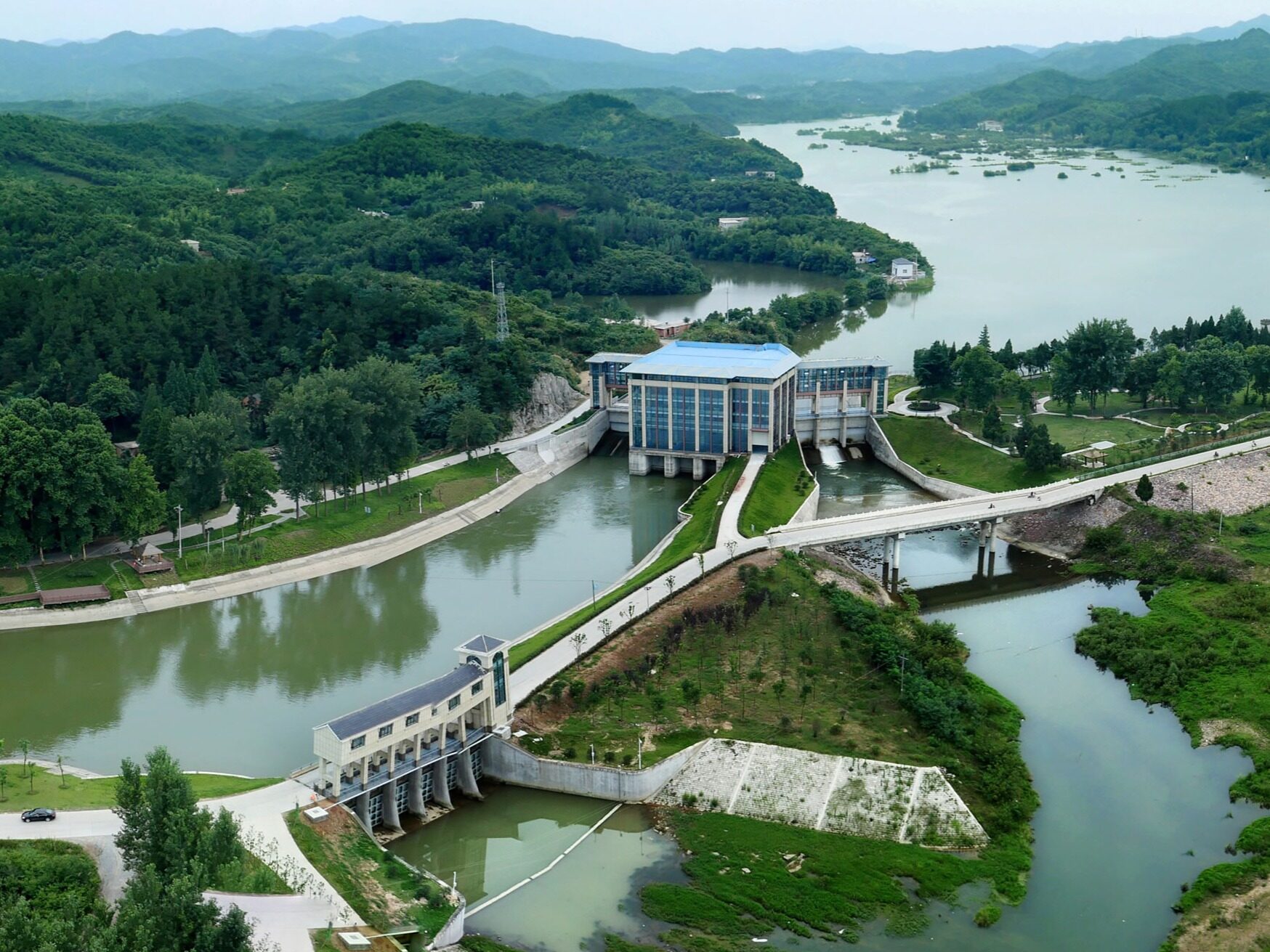

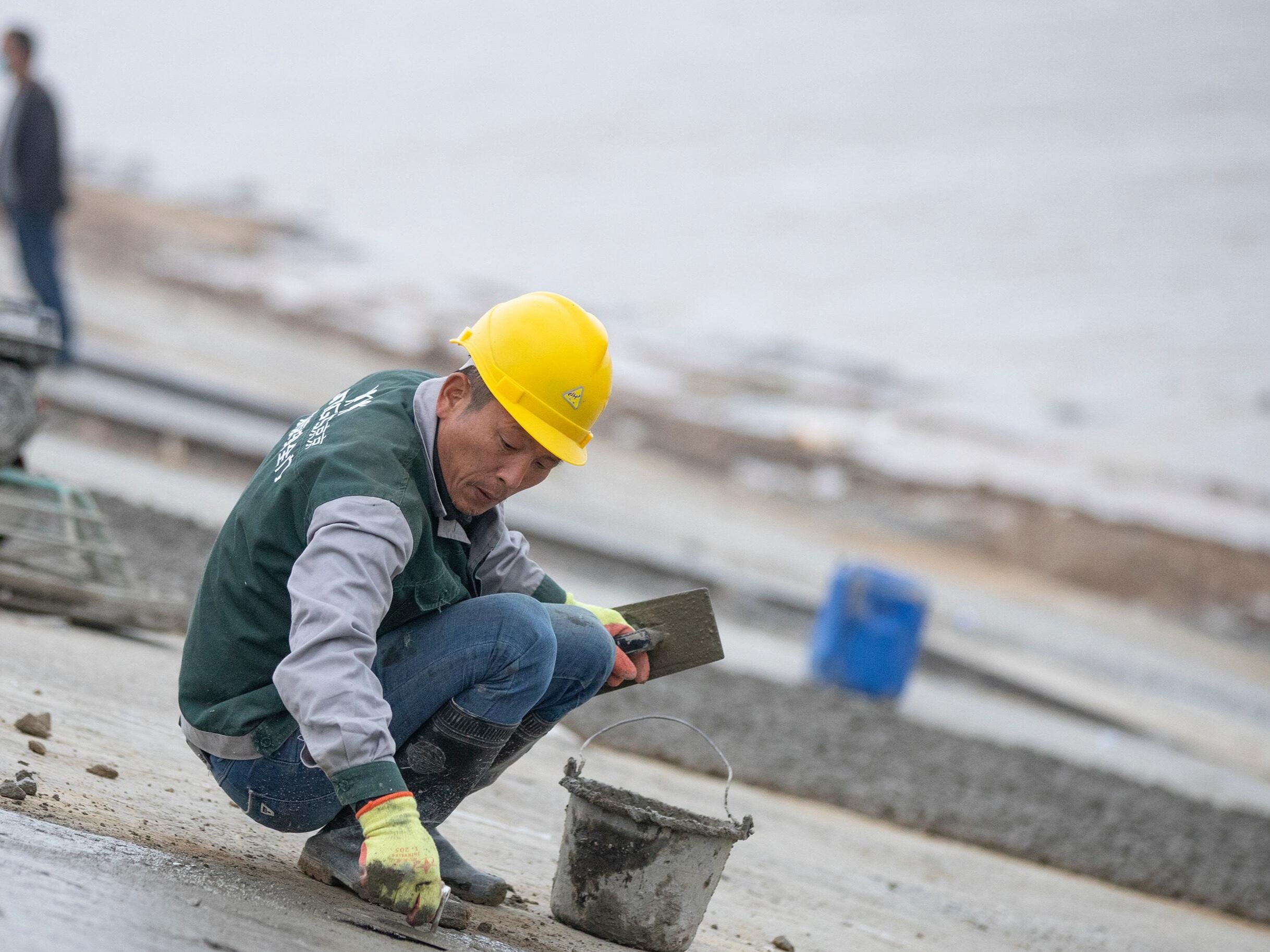
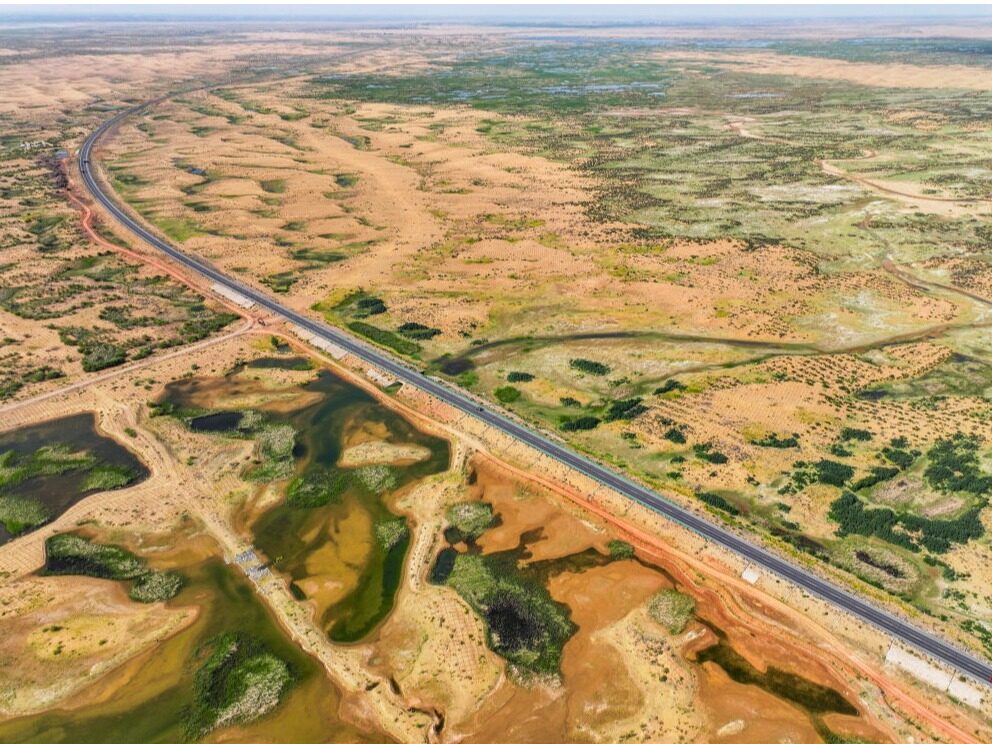
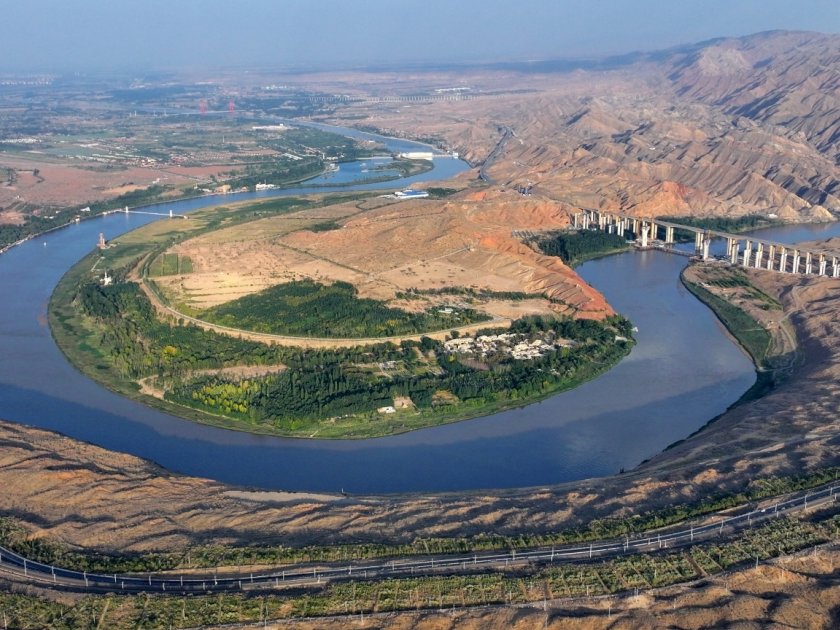






Write something~